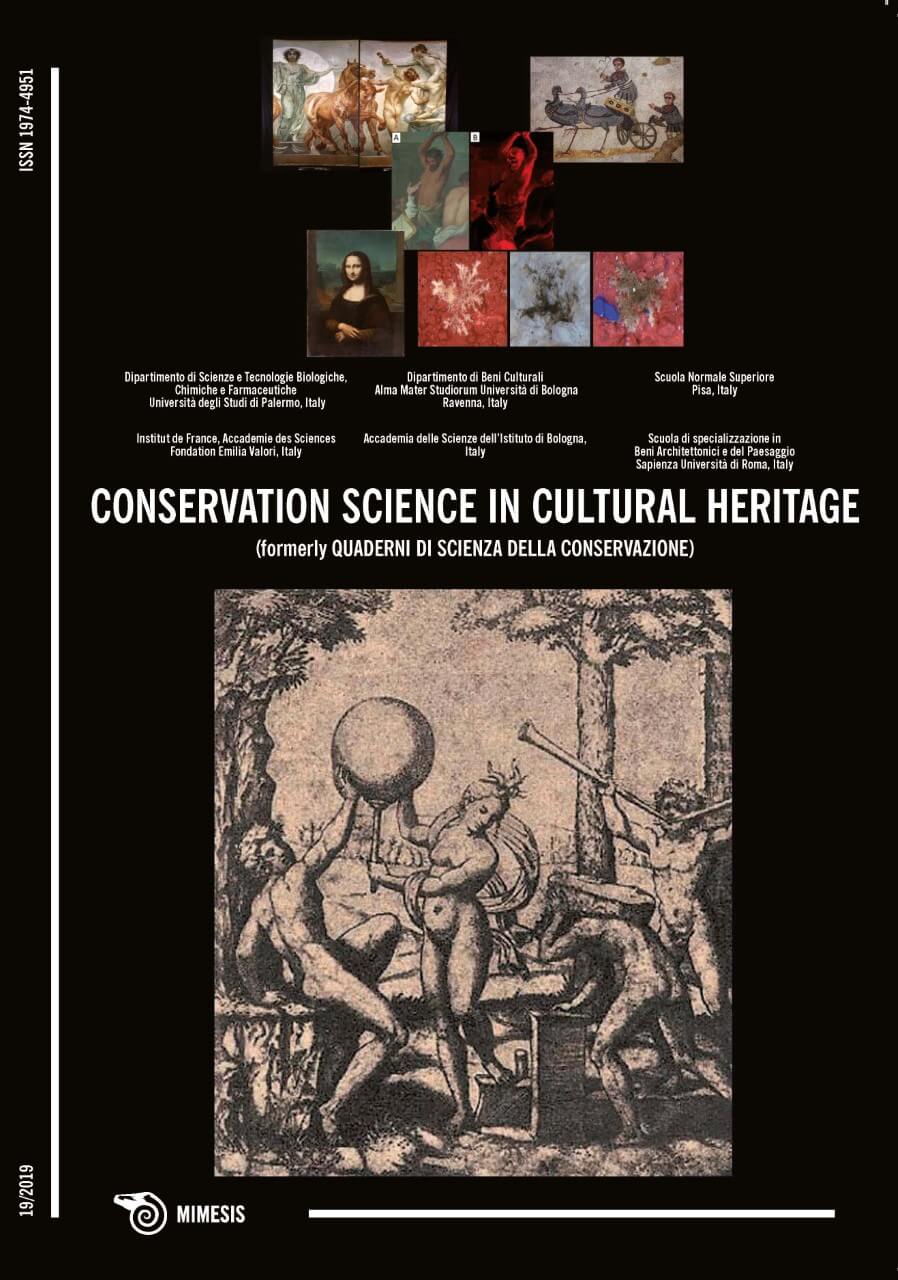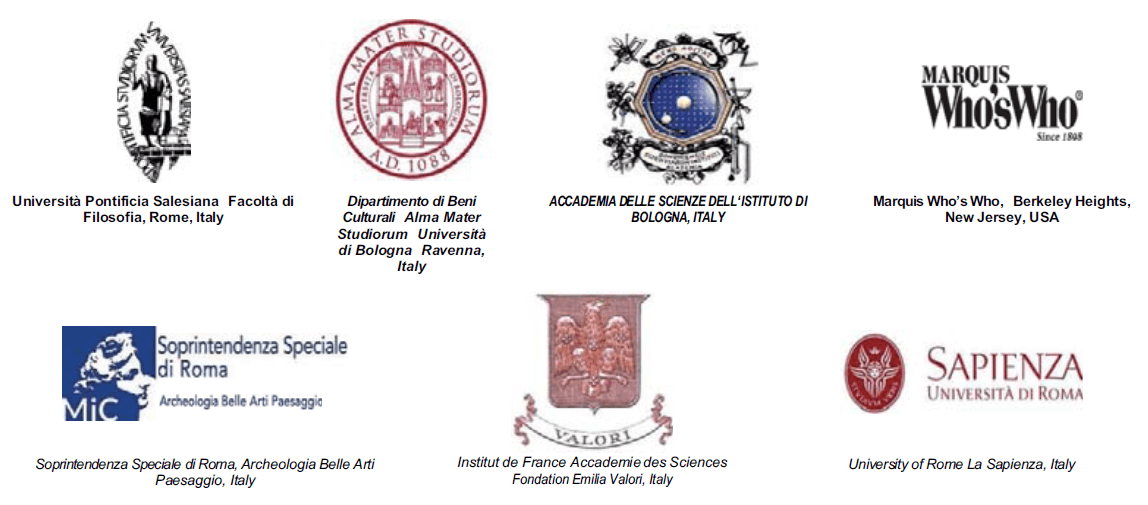Religious Differences and Radical Spatial Transformations in Historic Urban Landscape
DOI:
https://doi.org/10.6092/issn.1973-9494/10626Keywords:
historic urban landscape, minorities, transformations, federalismAbstract
Historic quarters have been a significant component in creating the identity of historical cities in Iran. In the contemporary era, many of these historic landscapes have faced the collapse of their traditional and social foundations and been subjected to the degradation of their cultural, social and physical values. Given the dominant role of religion in the orientation of the political system in Iran, this article examines how religious differences have created significant spatial transformations in historic urban landscapes for religious minorities. Selecting the historic Armenian quarter in Isfahan (Julfa) as the case study, a new model for the preservation of historic landscapes in ghettos on a national scale has been proposed after having carried out the relevant research. Given the capacities in the constitution of the Islamic Republic of Iran, the findings of this research show that the model of federalism, if integrated into public policy, can promote the social freedom and rights of religious minorities in Iran by increasing the participation of local community and consequently, result in the sustainability of historic urban landscapes in the planning process.Downloads
Published
2020-03-18
How to Cite
Dastgerdi, A. S., & De Luca, G. (2019). Religious Differences and Radical Spatial Transformations in Historic Urban Landscape. Conservation Science in Cultural Heritage, 19(1), 191–203. https://doi.org/10.6092/issn.1973-9494/10626
Issue
Section
Articles
License
Copyright (c) 2019 Ahmadreza Shirvani Dastgerdi, Giuseppe De Luca
Copyrights and publishing rights of all the texts on this journal belong to the respective authors without restrictions. Authors grant the journal right of first publication.
This journal is licensed under a Creative Commons Attribution 4.0 International License (full legal code).
See also our Open Access Policy.






